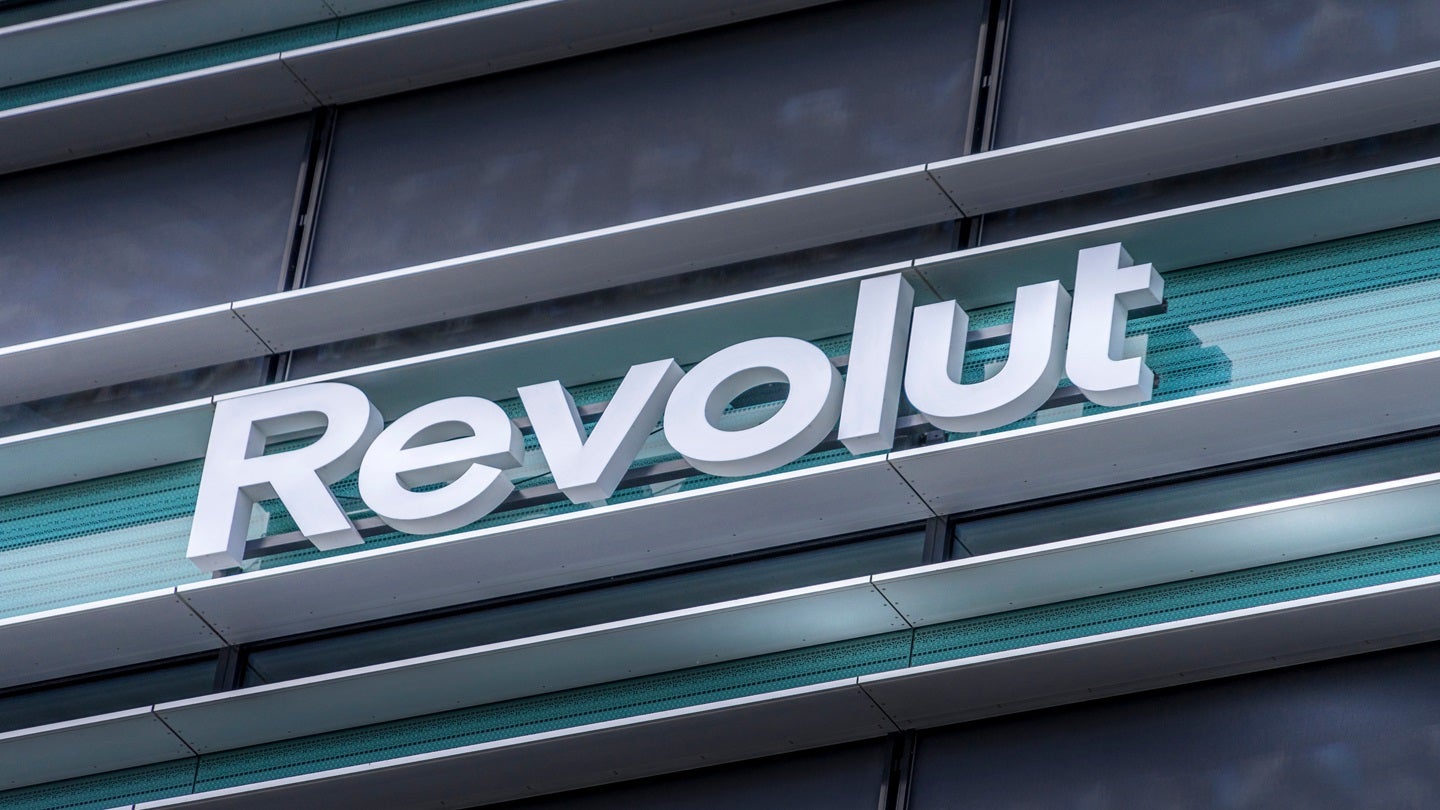
Revolut is reportedly considering the purchase of a US banking institution as part of its strategy to rapidly obtain an American banking licence, while it continues to await similar approval in the UK.
The fintech is exploring the acquisition of a nationally chartered bank, which would enable it to offer lending services in the US, reported Financial Times citing sources familiar with the situation

Access deeper industry intelligence
Experience unmatched clarity with a single platform that combines unique data, AI, and human expertise.
According to these sources, acquiring an existing bank would facilitate a quicker expansion into the US market compared to applying for a banking charter independently.
The company is looking at targeting a cost-effective bank that already possesses a national licence, the report said.
While no definitive decision has been made regarding the acquisition of a US bank, Revolut is also considering the option of applying for a banking licence on its own, as indicated by another source.
The perception that the Office of the Comptroller of the Currency, the US banking regulator, would expedite the bank charter process under the deregulatory agenda of President Donald Trump, has influenced this consideration.

US Tariffs are shifting - will you react or anticipate?
Don’t let policy changes catch you off guard. Stay proactive with real-time data and expert analysis.
By GlobalDataRevolut, which boasts a global customer base of 60 million, is also in discussions for a $1bn funding deal that would elevate its valuation to approximately $65bn.
Additionally, the fintech has explored the possibility of acquiring a bank in the Middle East as part of its global strategy.
Founded in 2015, Revolut recently acquired Argentine bank Cetelem from BNP Paribas. The company currently holds banking licences in Lithuania, enabling it to operate across the EU, as well as in Mexico.
Revolut has yet to receive full authorisation to function as a comprehensive bank in the UK.
After a lengthy three-year application process, its banking licence was approved last year, albeit with certain restrictions until it meets specific regulatory conditions.
A year later, the company still faces limitations on its lending capabilities within the UK.
The approval of its licence initiated a “mobilisation” phase, during which Revolut’s banking division is permitted to accept deposits of only £50,000 while it develops its IT infrastructure, risk management, compliance systems, and other essential operations.
The Bank of England’s Prudential Regulation Authority has indicated that the mobilisation phase for newly licenced banks “cannot continue indefinitely and should take no longer than 12 months,” a timeframe that Revolut surpassed last week.







